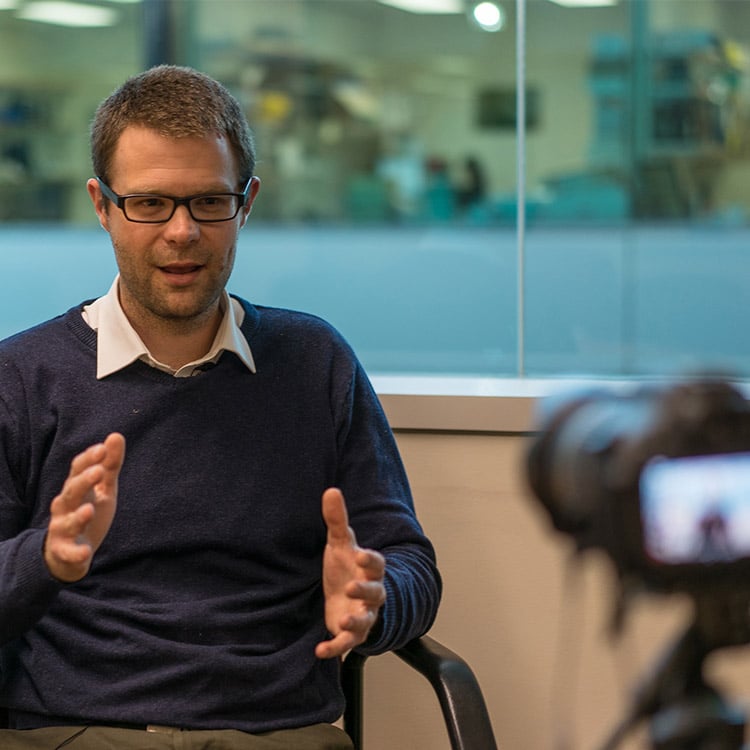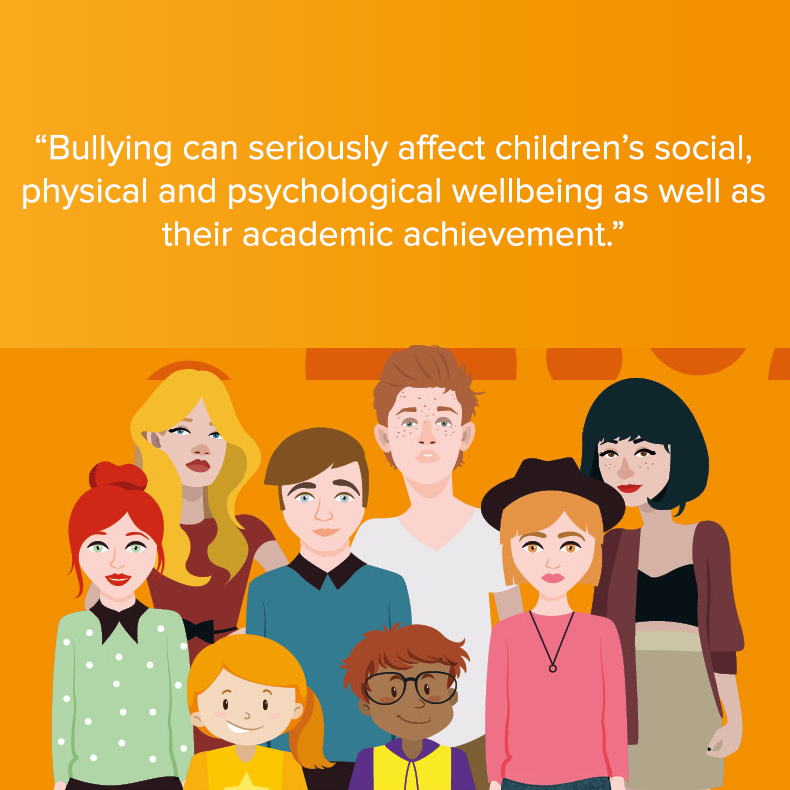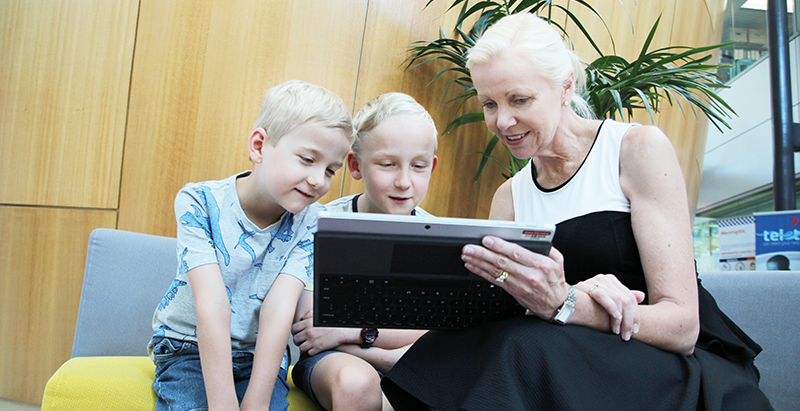Search

News & Events
The Kids researchers finalists in Premier’s Science AwardsThe Kids Research Institute Australia has two researchers and an innovative science engagement initiative as finalists in the 2017 Premier’s Science Awards.

Infographics to easily learn more about bullying and what actions to take should bullying be an issue in your school or community.
Research
BullyingBullying is now regarded as a health problem and not just a disciplinary problem. Increasing evidence shows both traditional bullying (e.g. hitting, teasing) and cyberbullying have lasting effects on young people (both those who bully and those who are bullied), including damage to self-esteem, academic results and mental health.

News & Events
Friendly Schools goes from strength to strengthWhat began as a small formative research project 20 years ago has grown into a universal bullying prevention and social skills development program which has helped countless Australian children and their families.

News & Events
My child is being bullied - how do I support them?As a parent, it can be very stressful to learn that your child is being bullied. Our instinct is to protect our children at all costs - but how exactly should we do this?

News & Events
Cyberbullying work finds international audienceSchools from around the globe have turned to The Kids Research Institute Australia, seeking access to invaluable lessons learned from Australian students on how to effectively reduce harm from cyberbullying.
Research
Protecting and promoting young people's social and emotional health in online and offline contextsYoung people’s use of mobile phones and access to the Internet has increased dramatically in the last decade, especially among those aged 9–15 years. Young people now rely on information and communication technology for much of their social interaction, which can have both positive and negative effects on their social and emotional well-being. Of particular concern is the extent to which digital technology (DT) provides opportunities for cyberbullying.
Research
Exploring Primary School Staff Responses to Student Reports of Bullying in Australia: A Qualitative StudyBullying behaviour often increases in late childhood and peaks in early adolescence. While interventions to address bullying behaviour typically encourage students to report bullying incidents to school staff, students are often reluctant to report incidents for fear it will worsen their situation or because they lack confidence in a staff members’ ability to intervene effectively. This study explores school staff responses to student reports of bullying behaviour.
Research
School staff responses to student reports of bullying: A scoping reviewBullying in schools has been associated with poor academic and mental health outcomes in students. While students are often encouraged to report bullying incidents to school staff, some students avoid reporting incidents as they lack faith in staff members ability to intervene.
Research
School Built Environments and Bullying Behaviour: A Conceptual Model Based on Qualitative InterviewsInterest in how the school built environment impacts bullying behaviour has gained momentum in recent years. While numerous studies have identified locations within schools where bullying frequently occurs, few studies have investigated the potential conceptual pathways linking school locations to bullying behaviour.
